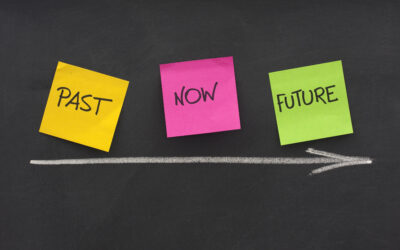Resilience: Helping You Win the Game
In the coming weeks, the world will affix its gaze upon the glorious Winter Olympics in PyeongChang, South Korea. For those athletes and all who support them, the experience is the pinnacle of years of hard work, sacrifice, and tenacity.
 It is always striking to learn the story behind the athletes and their glory. Frequently, the backstories involve tales of extreme adversity. Many have overcome serious injuries, past disappointments and even discrimination. Some had to sit out of Sochi four years ago, while others set records there and aim to top their past performance.
It is always striking to learn the story behind the athletes and their glory. Frequently, the backstories involve tales of extreme adversity. Many have overcome serious injuries, past disappointments and even discrimination. Some had to sit out of Sochi four years ago, while others set records there and aim to top their past performance.
Yet there is a common thread in their stories. Resilience.
More and more, people are recognizing and research is revealing that the mental toughness that is born of resiliency is more important than anything else as a predictor of success in sports, business, and life. A recent Harvard Business Review article tells us that “the most resilient individuals and teams aren’t the ones that don’t fail, but rather the ones that fail, learn and thrive because of it. Being challenged — sometimes severely — is part of what activates resilience as a skill set.”
Many people are born inherently resilient; but for those that were not, the good news is that resiliency can be learned. A New York Times article entitled, “How to Boost Resilience in Mid-Life” tells us that the “scientists who study stress and resilience say it’s important to think of resilience as an emotional muscle that can be strengthened at any time.” This is accomplished by focusing on the following:
Optimism
Optimism is the ability to look at a challenge in a constructive way, and then feel hopeful about the process of goal-setting, growth, and achievement that will come out the other side. You must truly believe that setbacks are only temporary. Reframe your struggles into growth opportunities.
Balance
The ability to stay balanced and manage strong or difficult emotions is key. This does not mean that stress should be denied or suppressed; rather, it is the process of taking a moment to be thoughtful, observing the situation neutrally, then trying to solve the problem.
Kindness to Yourself
Take care of yourself emotionally – don’t waste time blaming yourself for life’s setbacks or the decisions you made along the way. In an Inc. article entitled, “The Complete Research Backed Guide to Building Mental Toughness,” author Jessica Stillman says, “You might think beating yourself up would give you a thicker skin and some practice in dealing with the unavoidable unpleasantness of life, but actually research suggests you’ll get more benefit out of self-compassion.”
Take care of yourself physically – Harvard psychiatrist and author John Ratey says, “The fitter you are, the more stress it takes to get you stressed.” So don’t neglect your body in times of stress.
Cultivate compassion
Being kind to yourself is important, but being kind to others is healing. Find a way to support others and give back. Let go of grievances and grudges. Science shows that holding on to grudges takes mental energy that you could otherwise use to persevere in the face of challenges.
So as you travel life’s road and your own unique career path, regardless of how you have found yourself where you are today, work on your resilience. It will help you to move through this process with grace, and emerge on the other side a better, stronger, truer version of yourself.
SaveSave
SaveSave
SaveSave






